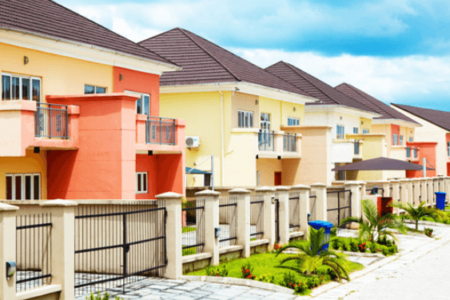The Government has announced a plan to construct 609 new homes for public sector workers, a significant move aimed at addressing the country’s escalating housing deficit. This initiative, part of the District Housing Programme, was disclosed by Minister for Works and Housing, Kojo Oppong Nkrumah, during a press briefing in Accra on September 30, 2024.
The newly planned housing units are targeted at essential public sector employees, including teachers, nurses, and police officers, particularly those serving in rural and underserved regions. Minister Oppong Nkrumah emphasized the government’s commitment to improving the living conditions of public servants, stating, “These new housing units are part of our broader efforts to tackle Ghana’s housing deficit, which currently stands at an estimated 1.8 million units.”
He further underscored the importance of decent housing, asserting that it plays a pivotal role in enhancing the quality of life for public employees. “Decent housing enriches the lives of our public servants, providing them with dignity and enabling them to perform their duties effectively,” he added.
The construction of these homes will be strategically distributed across various districts, ensuring accessibility for workers in remote areas. “Our public servants deserve quality housing that fosters a conducive environment for their work and family life,” the Minister reiterated.
In conjunction with the announcement of new housing units, Oppong Nkrumah provided updates on the revival of stalled housing projects nationwide. He confirmed that the Koforidua Affordable Housing Project, previously delayed, is set to resume under the management of the State Housing Company Limited.
Additionally, the Minister addressed the status of the Saglemi Housing Project, which was initially designed to deliver 5,000 housing units but has faced considerable setbacks. He revealed that discussions are ongoing to transfer the project to a private developer, allowing for the completion and sale of the units without further government investment.
Oppong Nkrumah also highlighted the government’s collaboration with the Ghana Infrastructure Investment Fund (GIIF) to secure sustainable financing for housing projects. “The GIIF will play a pivotal role in developing innovative financing models that will support our efforts to address the housing deficit,” he noted.
This initiative represents a crucial step towards mitigating Ghana’s housing shortfall while enhancing the welfare and productivity of public sector workers. It also aligns with the government’s broader development objectives, reflecting a commitment to fostering a more equitable and sustainable housing landscape in the country.
